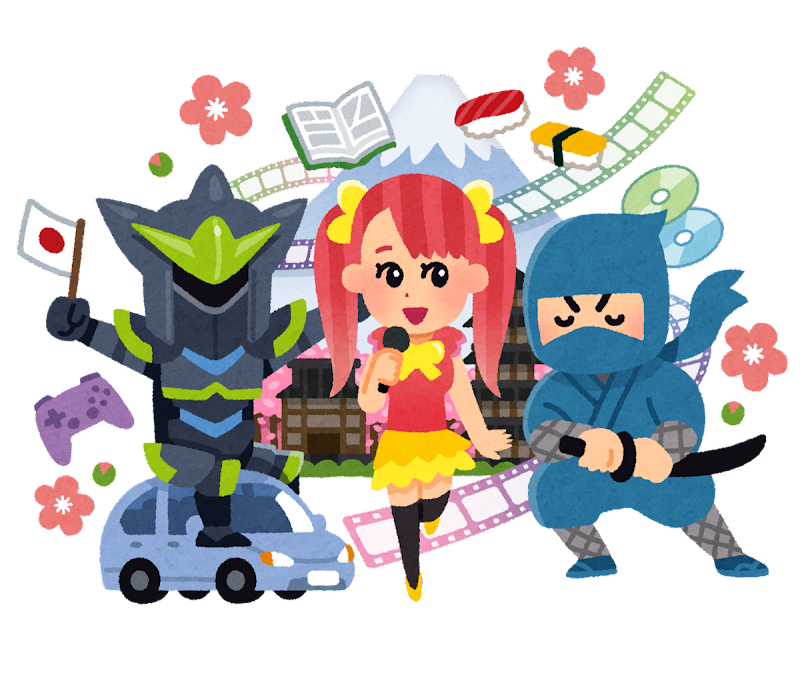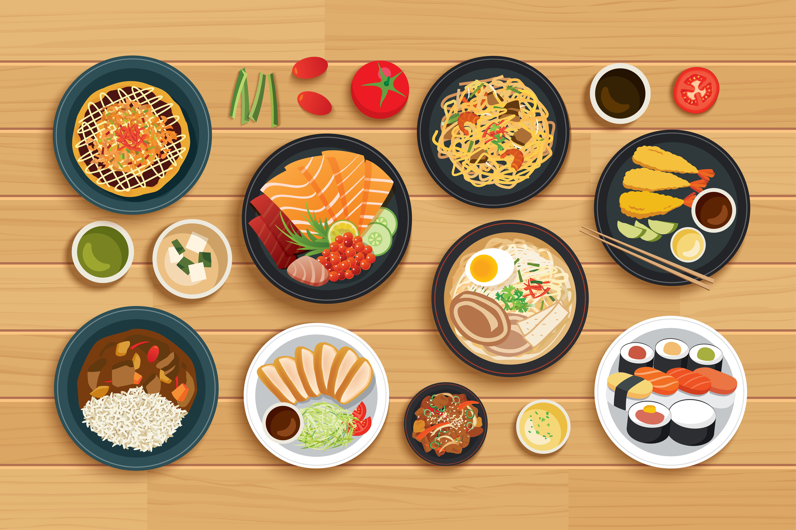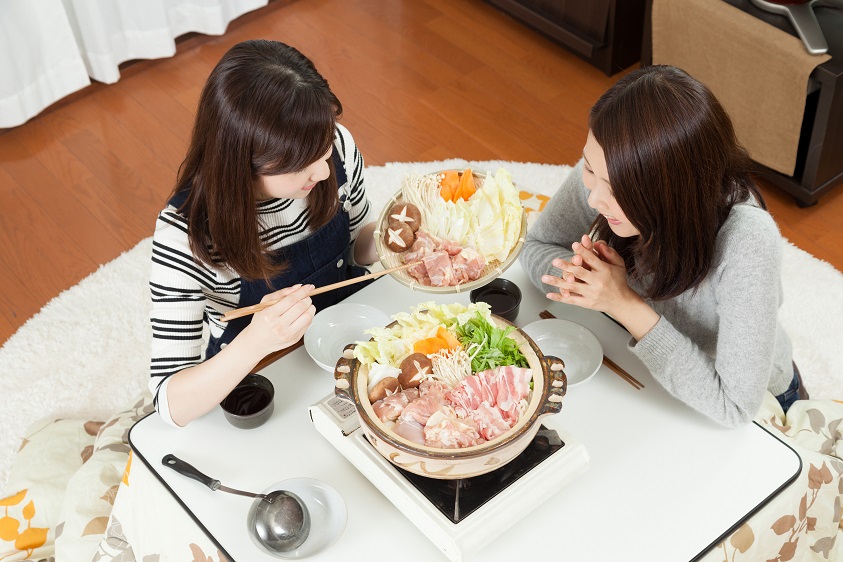



| 1. | Excitement |
| 2. | Sadness |
| 3. | A “thank you” moment |


| 1. | What did you/he/she/they do? |
| 2. | Who did it? |
| 3. | When was it? |
| 4. | Where was it? |
| 5. | Why did you/he/she/they do that? |
| 6. | How was it? |
| Answer: |


| Answer: |
include these points: (What / Who / When / Where / Why / How)





For example, traditional Japanese gardens, shrines, and temples attract foreign tourists because of their beauty.
On the other hand, pop culture, such as anime and manga, has become very popular across the world. It represents modern culture.
In addition, Japanese food is another unique culture. It is so tasty and healthy that many people love to eat it.
【ヒント:日本語訳】
例えば、伝統的な日本庭園、神社やお寺は、その美しさから外国人観光客を惹きつけています。
一方、アニメや漫画などのポップカルチャーは、世界中でとても人気があります。これは現代文化を代表するものです。
さらに、日本食も独自文化のひとつです。おいしくて健康的なので、多くの人が好んで食べています。


| 1. | What kind of culture does Japan have? |
| Answer: |


| 2. | What are some examples of Japanese modern culture? |
| Answer: |





For example, traditional Japanese gardens, shrines, and temples attract foreign tourists because of their beauty.
On the other hand, pop culture, such as anime and manga, has become very popular across the world. It represents modern culture.
In addition, Japanese food is another unique culture. It is so tasty and healthy that many people love to eat it.





|
across
əkr`ɔːs
…を渡って
|

|
modern
mάdɚn
現代の
|

|
unique
juːníːk
独自の
|

|
traditional
trədíʃ(ə)nəl
伝統的な
|

|
represent
rèprɪzént
代表する
|






| 1. | What is your favorite Japanese food? Why do you like it? |
| Answer: |


| 2. | What Japanese anime do you think are popular around the world? Why do you think so? |
| Answer: |


| 3. | Have you ever seen, heard, or experienced any differences between foreign and Japanese cultures? What are they? What did you think about it? |
| Answer: |









| Situation 1: |
You and your foreign friend are eating at a Japanese restaurant. Teach him/her Japanese foods and how to eat them.
(Your tutor will pretend to be your foreign friend.)
|
| Items to mention: |
– what he/she should say before eating – sushi and tempura – how to eat |

| Situation 2: |
You and your foreign friend are on the train. Tell him/her the things that he/she should do on the train.
(Your tutor will pretend to be your foreign friend.)
|
| Items to mention: |
– about talking loudly – about phone calls and text notifications – about food and drinks |





| 1. | How do you usually spend your summer vacation? What kinds of traditional events are held in the summer? |
| 2. | How do you usually spend the New Year’s holiday? Do people do any traditional things? What are they? |
| Answer: |


| 1. | What is it? When and where do people do it? |
| 2. | What do you think about it? |
| Answer: |


たくさん話すためには?
■ いつ、誰とどこで何をしたのか伝えよう。
■ それをしてどう感じたか、なんでそう感じたのかも伝えるよう意識しよう。
例)
I took an online lesson with Ellen at my house today.
(what/who/where/when)
It was fun to talk with Ellen because her hobby was the same as mine.
(how/why)


